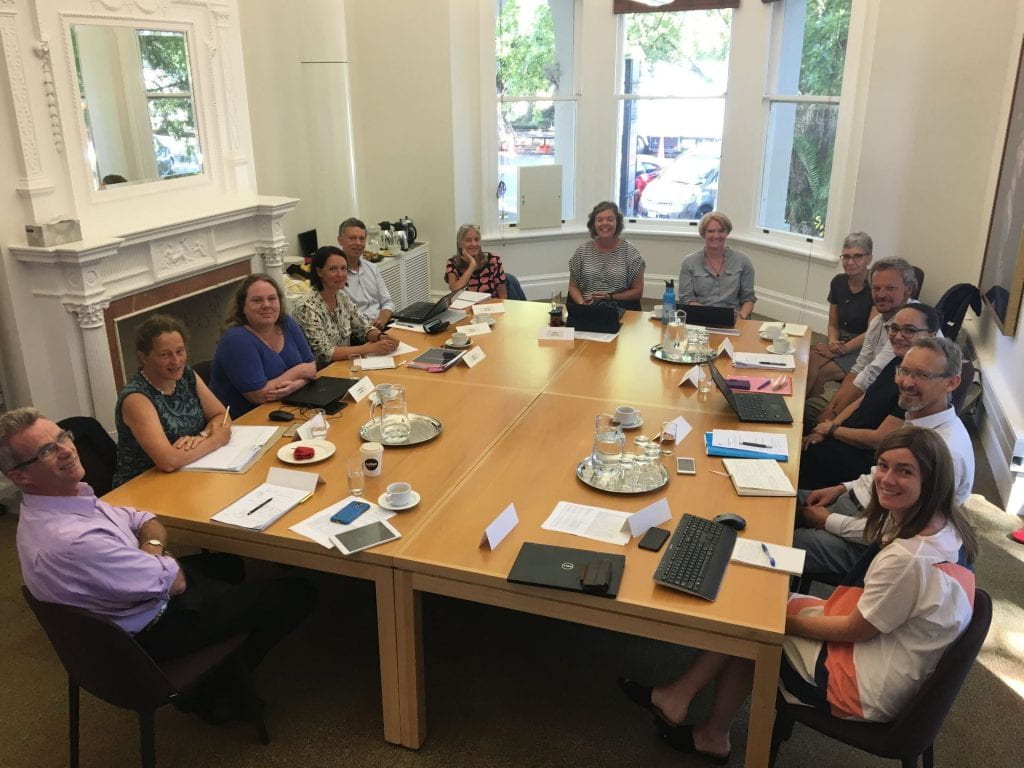This month we are kicking off our work on rethinking plastic. This happens to coincide with the release of the Colmar Brunton Better Futures 2018 report that cites 72% of New Zealanders have plastic as a top concern. With millions of plastic bags used *per minute* globally (United Nations Report – Single-use Plastics: A Roadmap for Sustainability) and projections that, at the rate we are going, there will be more plastic than fish in the sea by 2050 (Ellen MacArthur Foundation Report – The New Plastics Economy: Catalysing Action), this is perhaps not surprising.
Aotearoa New Zealand has a particular responsibility to look after the environment – captured in the concept of kaitiakitanga, which is increasingly embraced by all New Zealanders. These changing attitudes may be reflected in the sharp increase in the number of people highly committed to living sustainably, identified in the Better Futures report (42% in 2018, up from 30% in 2017). We also have particular challenges associated with our size, scale and distribution.
While there are arguably higher-priority environmental issues, with climate change being the most obvious, this is an area where there is a clear lack of evidence to drive government policy, as well as individual and business choices. Because of this, we will be aiming to produce a ‘one-stop-shop’ for trusted information – building on national reports in the area (Sustainable Business Network – New Zealand’s Plastic Packaging System: An Initial Circular Economy Diagnosis) and collating and synthesising evidence from overseas (OECD – Global Material Resources Outlook to 2060: Economic drivers and environmental consequences) in the context of Aotearoa New Zealand. We will also identify key knowledge gaps and places where we need to collect data in order to make responsible choices.
In our Rethinking plastics project, the panel has agreed to a broad scope across four workstreams:
- Categorisation of plastics entering and leaving Aotearoa New Zealand
- Changing our relationship with plastics
- Life cycle assessment of product systems
- Innovation solutions
We expect to make short, medium and long-term recommendations to government, and will make sure that our work and advice is easily accessible for the public.
Input is welcome from all sectors of the community – we are listening to people from all over the country with connections to iwi, business, research, local and central government, and local and international organisations to inform our work. We are particularly pleased that Abbie Reynolds of the Sustainable Business Council and Stephen Harris of the Commonwealth Clean Oceans Alliance have agreed to work with us on the panel to ensure that our work stays connected to international workstreams and that our recommendations are practical to implement here in Aotearoa New Zealand.
You can follow progress of the rethinking plastics project and send us your ideas via our project page.

Panel members and OPMCSA staff at the first panel meeting. From Left to right: George Slim, Sarah McLaren, Bethanna Jackson, Olga Pantos, James Wright, Elspeth MacRae, Juliet Gerrard, Abbie Reynolds, Nikki Harre, Mark Staiger, Diane Ruwhiu, Stephen Harris, Rachel Chiaroni-Clarke. Absent; Melanie Mark-Shadbolt.
